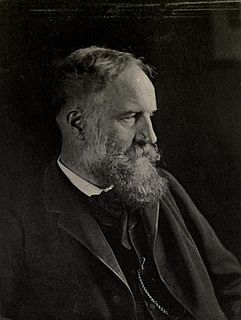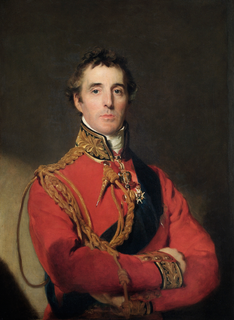A Quote by Thomas B. Macaulay
Those who have read history with discrimination know the fallacy of those panegyrics and invectives which represent individuals as effecting great moral and intellectual revolutions, subverting established systems, and imprinting a new character on their age. The difference between one man and another is by no means so great as the superstitious crowd suppose.
Related Quotes
It is a great mistake to suppose that bribery and corruption, although they may be very convenient for gratifying the ambition or the vanity of individuals, have any great effect upon the fortunes or the power of parties. And it is a great mistake to suppose that bribery and corruption are means by which power can either be ob-tained or retained.
Of all intellectual friendships, none are so beautiful as those which subsist between old and ripe men and their younger brethren in science or literature or art. It is, by these private friendships, even more than by public performance, that the tradition of sound thinking and great doing is perpetuated from age to age.
The objections to religion are of two sorts - intellectual and moral. The intellectual objection is that there is no reason to suppose any religion true; the moral objection is that religious precepts date from a time when men were more cruel than they are and therefore tend to perpetuate inhumanities which the moral conscience of the age would otherwise outgrow.
I opposed the Fatwa against Salman Rushdie. I read the book and took a critical distance. I did not think The Satanic Verses is a blasphemous book. I did not consider the book as being a great read, but as an intellectual I read, I assess, and I respond. I make a difference between true freedom of expression to which we owe a response and provocation, which we ignore.
Abstract systems depend on trust, yet they provide none of the moral rewards which can be obtained from personalised trust, or were often available in traditional settings from the moral frameworks within which everyday life was undertaken. Moreover, the wholesale penetration of abstract systems into daily life creates risks which the individual is not well placed to confront; high-consequence risks fall into this category. Greater interdependence, up to and including globally independent systems, means greater vulnerability when untoward events occur that affect those systems as a whole.
Great artistic talent in any direction... is hardly inherent to the man. It comes and goes; it is often possessed only for a short phase in his life; it hardly ever colors his character as a whole and has nothing to do with the moral and intellectual stuff of the mind and soul. Many great artists, perhaps most great artists, have been poor fellows indeed, whom to know was to despise.
The sisters and brothers that you meet give you the materials which your character uses to build itself. It is said that some people are born great, others achieve it, some have it thrust upon them. In truth, the ways in which your character is built have to do with all three of those. Those around you, those you choose, and those who choose you.
Long intervals frequently elapse between the discovery of new principles in science and their practical application... Those intellectual qualifications, which give birth to new principles or to new methods, are of quite a different order from those which are necessary for their practical application.
What I must do is all that concerns me, not what people think. This rule,equally arduous in actual and intellectual life, may serve for the whole distinction between greatness and meanness. It is the harder, because you will always find those who think they know what is your duty better than you know it. It is easy in the world to live after the world's opinion; it is easy in solitude to live after our own; but the great man is he who in the midst of the crowd keeps with perfect sweetness the independence of solitude.
The history of a battle, is not unlike the history of a ball. Some individuals may recollect all the little events of which the great result is the battle won or lost, but no individual can recollect the order in which, or the exact moment at which, they occurred, which makes all the difference as to their value or importance.


































